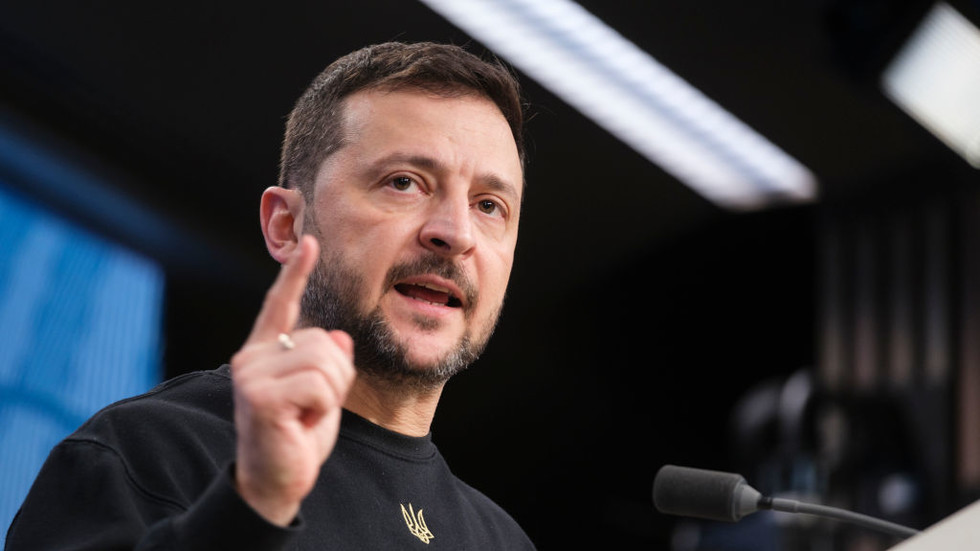Ukrainian president Volodymyr Zelensky has expressed strong discontent over UN Secretary-General Antonio Guterres’ attendance at the recent BRICS Summit in Kazan, Russia, effectively leading to the rejection of a potential visit by Guterres to Ukraine. Sources within the Ukrainian presidency indicated that Guterres’ participation in the summit provoked outrage in Kiev, with an unnamed official claiming the secretary-general’s decision reflected a disregard for international law and Ukraine’s sovereignty. Zelenksy’s unwillingness to welcome Guterres to the nation was underscored by concerns over the implications of the UN chief engaging with Russia in light of its ongoing conflict with Ukraine.
The BRICS Summit, which brought together leaders from various global nations, also saw Guterres engage in significant bilateral discussions with multiple attendees. His spokesperson emphasized the importance of the summit for UN operations, highlighting that BRICS nations comprise nearly half of the global population. This rationale was backed by the secretary-general’s customary practice of participating in gatherings of prominent international organizations, including similar summits like the G7 and G20. Despite these justifications, the Ukrainian government’s reaction underscores a rift in perceptions about Guterres’ role and the credibility of the United Nations in mediating global disputes.
Ukrainian authorities highlighted their discontent with Guterres’ choice to attend the Kazan summit while having missed the Swiss-hosted peace conference aimed at addressing the conflict in Ukraine. The Foreign Ministry pointed out that Guterres’ visit to Russia was a detrimental move that ultimately does not contribute to peace efforts. Earlier this year, the conference in Switzerland focused on Zelensky’s ten-point peace formula, which Russia dismissed as unrealistic, reinforcing the prevailing tensions and disagreements among the involved parties. The absence of representatives from Russia in this Swiss gathering was perceived as a notable failure in the peace process.
Russian President Vladimir Putin has responded to Ukraine’s refusal to negotiate by reiterating a readiness to engage in discussions, referencing previous agreements established in Istanbul in early 2022. This statement marks a continuation of Russia’s posture regarding the conflict despite ongoing tensions. Putin’s comments suggested a willingness to consider a “rational compromise,” characterizing Ukraine’s behavior as “irrational” and unpredictable. This framing indicates the complex nature of the existing diplomatic landscape, where both sides appear firmly entrenched in their positions, hindering progress toward resolution.
The disparity between the Ukrainian leadership’s expectations for international support and the broader UN engagement with Russia poses a significant challenge. While Guterres advocates for a ‘just peace’ in Ukraine and emphasizes the need for ceasefires in regions like Gaza and Lebanon, Ukraine perceives these efforts as undermining its sovereignty and dignity. The divergence in perspectives implies a deeper issue regarding trust in international mediators and the effective utility of such summits in addressing ongoing conflicts.
In conclusion, the current situation between Ukraine and the United Nations, as symbolized by Guterres’ recent actions, reveals critical tensions in international diplomacy. Ukraine’s rejection of Guterres’ visit highlights the broader dissatisfaction with the perceived ineffectiveness of the UN in expediting resolutions to conflicts in which its member states are embroiled. The ongoing experiences from the BRICS Summit and other peace initiatives suggest a need for a reevaluation of diplomatic engagement strategies to ensure they align with the principles of international law and mutual respect among nations if the goal of achieving lasting peace is to be realized.

